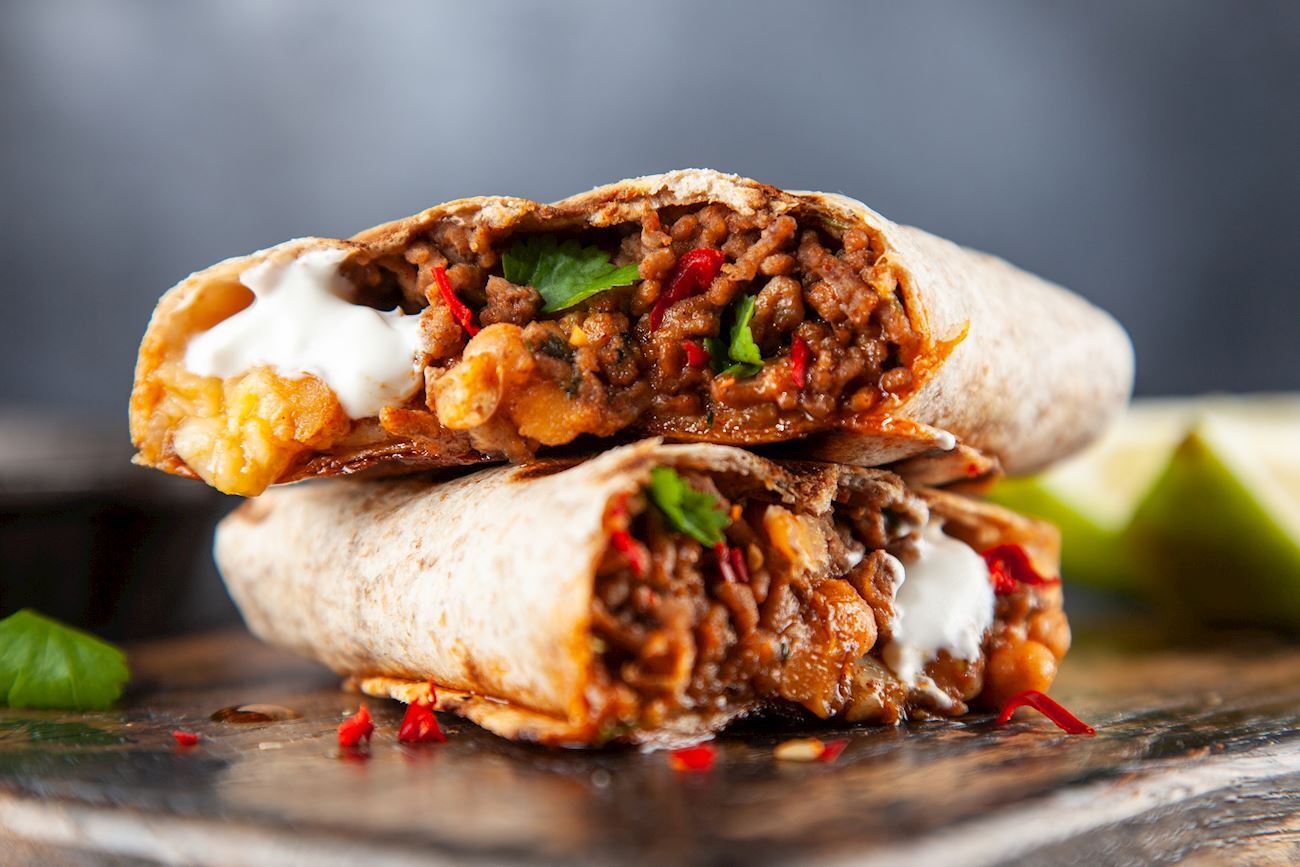We are all quite well acquainted by now, I hope, with the Kershaw/Emerson CQC-6K. You are even if you don’t know it, because it’s the comparison knife I include alongside whatever it is I’m whiffling on about this week. Although it’s not quite my single most favorite knife in the world, it’s definitely a solid contender. Top five, for sure. Mine is the knife I carry the most, it’s been with me to the most places, and it’s done the most things. When I’m not feeling any specific breed of perversity that prompts me to carry of the others in my ridiculous and perpetually widening collection, it’s my default choice. I know it’ll perform and that I can trust it. There’s no reason not to.
But what if you’re Sergei Rachmaninoff and the 6K just isn’t big enough to do it for you?

Enter this. It’s the Kershaw/Emerson CQC-4KXL. Or model 6055D2 to its friends. The last part of the first part along with the last part of the second part tell you most of what you need to know. This is a big knife, and it’s made of D2.

The CQC-4KXL is every bit of 8-7/8" long open, 5" closed, and it sports a 3-7/8" long drop pointed D2 blade. The blade is quite stout at 0.133" thick and the bevel is hollow ground. Similar to the CQC-6K, the blade has a long grained machined surface on the flat but the bevel has a satin tumbled finish. The whole shebang comes in at a hefty 176.7 grams or 6.23 ounces.
As a Kershaw/Emerson collaboration, this knife has quite a few distinctive design elements and a clear set of DNA that draws a through line connecting it to the CQC-6K and then the rest of Emerson’s CQC series.

The Emerson half of it includes a predilection to assembling the knife with slotted and Phillips head hardware rather than Allen or Torx, a knurled disk on the spine in place of the more usual pair of thumb studs, and the “Wave Shaped Feature,” which just like all the other CQC knives is this one’s major defining trait.
Draw this knife from your pocket at the right angle and with just a modicum of skill, and the hook on the back of the blade will catch the seam on your pocket and snap the knife open for you. It’s not a switchblade and it’s not even spring assisted. It doesn’t need to be – After just a couple of practice runs you’ll be a veritable magician and this thing’ll just leap into your hand deployed and ready to rock. This makes the 4KXL and its CQC siblings excellent self defense knives if you’re into that kind of thing. Plus, it’s hard for the law to find any way to frown on it because mechanically and at its core, it’s just an ordinary pocket knife.

To assist in this, there’s a G-10 scale only on one side of the knife. The other side is smooth bead blasted steel with all rounded over edges, so it’ll draw cleanly and without snagging or, perhaps more important for everyday use, without destroying the hem on your pockets. The clip can be swapped to the other side but the scale can’t. So it rather defeats the purpose to do that, but at least left handed users won’t be left completely out of luck.

The Kershaw side of its lineage means that the CQC-4KXL has a normal grind and isn’t a goddamn chisel edge, and also that it’ll only set you back about $35. That’s significantly more palatable than the knives sold under Emerson’s own label. The “China” inscription tucked away down on the heel there may have something to do with that.

Everything in the CQC series is a liner lock or in the case of this one a frame locking folder. It’d rock face if Kershaw finally got around to designing an Axis – er, sorry, “DuraLock” – knife with the Emerson Wave on it. But so far, no dice. If they do, I’ll probably buy ten. (Are you listening, guys?)
Thus the pivot action on this (and all the other CQC knives I own or have handled) is the fly in the ointment and it’s definitely where the penny was saved. The CQC-6K actually rides on phosphor bronze washers, but this one doesn’t. The 4KXL has plain nylon ones instead. The action’s not bad, per se, but it is a little draggy. The lock on these knives is always very stiff and thus very positive, but it also induces a lot of friction you have to overcome opening and closing it. There’s a plain steel detent ball on the inner face of the lock which rides across a surface on the blade heel that’s not polished, so friction it creates is evident and makes opening it far from silent.
That’s opening it manually, though. Why anyone would do that on a regular basis is beyond me, because the whole point of this knife is that it’ll go from 0 to 100% in an instant by itself when you draw it. When you do it the intended way, snapping it open off the hook, you don’t feel the pivot and nothing about it matters.
You also get a monumental clack from the blade hitting its endstop and the lock dropping home. You can hear it and feel it. That’s probably on purpose, though, because you want positive feedback that you drew the knife correctly and it locked open before you try sticking anything with it. Even so, that makes the CQC-4KXL and by extension the rest of its family less pleasant to use as fiddle toys than some other options. These are knives designed to work, not for playing with.

The CQC-4KXL comes apart just like you’d expect. Just like the other Kershaw CQC knives, in point of fact. I’ve never been super sold on the Phillips and slotted hardware on an ideological level. I get why this was done; presumably so Operators in the field could take these apart with just readily available tools or what’s on their Swiss Army knives, or whatever. But modern knives are put together with Torx screws for a reason… It’s to prevent accidents and having it all end in tears. Phillips is easy to strip and slotted heads are the most likely fastener on Earth to result in your driver slipping out and gouging something. Still, the fact remains that I’ve never actually had any difficulty actually disassembling any of these knives, and the 4KXL is no exception. So I guess I can’t complain.

As we’ve become accustomed to seeing on most Kershaw knives, the pivot screw has an anti-rotation flat on it. The head on that side is just a rounded button head with no driver slot in it.

The lockup is very traditional, and it is my plausible but unproven theory that these are hand-tuned at the factory for lock engagement, based on the evidence of the grinder mark that’s been left on it. My CQC-6K was the same way.
Otherwise, the fit and finish is up to Kershaw’s typically impeccable standard. I’ve never gotten a dud Kershaw, ever, not even one of their cheap models. The lockup is solid, blade wiggle is negligible, and everything about it fits together very well. I can tell you from experience that Kershaw CQC knives will stand up to heavy and long term use without complaint and I see no reason why this one should be any different.

The CQC-6K (right) is already a pretty big knife. But the CQC-4KXL (left) just towers over it.

Open it’s the same story. The 6K is already a competent fighter, but 4KXL has even more combat oriented design elements. The point on the blade is much less upswept, and it is near as makes no difference perfectly aligned with the centerline of the knife. There is a horn on the forward end of the handle the makes an even more pronounced finger guard as well. All this adds up to a knife that ought to be very effective at delivering a ne’er-do-well a rather inconvenient poke if necessary.
(No the finish on my CQC-6K is not from the factory. One day I’ll get around to writing about that and showing it off up close, preferably after I grind out that damn nick in the edge.)
The Inevitable Conclusion
I maintain that the Kershaw/Emerson knives as a whole remain one of the best options available for a budget friendly folding knife. There’s no need to gamble on an unknown brand or a knockoff when these are so cheap, high quality, and readily available. And I turned my back for one second and the next time I looked it turned out suddenly there’s a whole galaxy of CQC’s, now: Little ones, medium ones, big ones. The works.
In this case if you want a big knife that’s got a trick deployment mechanism that’s not a gimmick, not stupid, and actually works then the CQC-4KXL is a fantastic value for the money.
And I know we don’t talk about using knives for self-defense in front of the normals these days. We just allude to it, a nod’s as good as a wink, say no more say no more. That’s because if any dingbat in the capital finds time in his busy schedule to find out about it in between snorting blow off of the backs of interns and embezzling highway funds to finance his swimming pool and cabana, he’ll surely try to take them all away from us. But if you are in a position to need such a thing for any combination of reasons, I think the CQC-4KXL is going to be not only a good choice for its price, but hands down one of the best choices in the world.

There’s a crocodile Dundee quote in here somewhere…
Love the detail as always! Also love my Kershaws. Great EDCs.
Edit: does the pocket opening catch work best on stiffer material like jeans rather than athletic shorts or sweatpants?
It will work on all types of fabric. What it’ll do to the fabric over time is another story, but I exclusively wear light synthetic hiking pants these days and it works just fine on these. It’ll work on the pocket of my swim trunks, even, but those are so baggy and stretchy that my pants probably wave like a flag for some seconds afterwards.
The only “jeans” I own these days are Kevlar lined motorcycle pants which have very thick fabric all throughout including the pocket hems. My CQC’s work fine on those as well.



